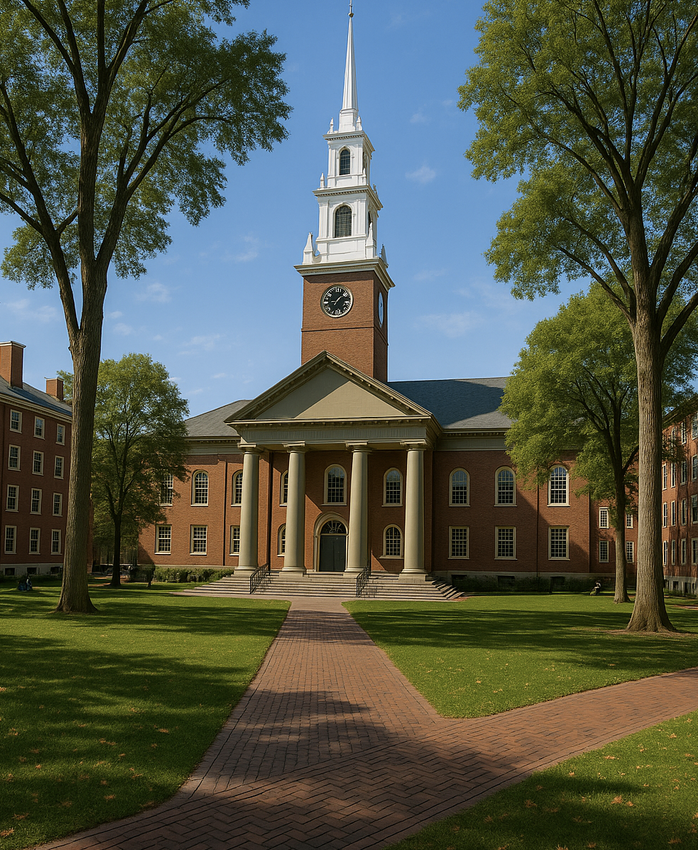Search Posts
Recent Posts
- Take control of energy bills with a no cost Home Energy Assessment May 1, 2025
- We Cook! Mill’s Tavern Oven-roasted Swordfish Puttanessca, Saffron Polenta & Apricot Gastrique May 1, 2025
- Harvard’s own report says anti-Semitism and anti-Israel bias worse than thought May 1, 2025
- RI Veterans: Did you know? 1.5.25 (VA Disability Benefits, local events, resources) – John A. Cianci May 1, 2025
- Rhode Island Weather for May 1, 2025 – Jack Donnelly May 1, 2025
Categories
Subscribe!
Thanks for subscribing! Please check your email for further instructions.

Harvard’s own report says anti-Semitism and anti-Israel bias worse than thought
Harvard undertook a report to determine how prevalent anti-Semitism and discrimination and harassment were at their institution. With federal funding cuts in the double millions, it is to their credit that they have now released this report. See the full report at the bottom of this article.
The report showed that among Jewish students, substantial numbers reported having the following feelings to at least some extent:
- Not at home at Harvard (39%).
- Physically unsafe (26%).
- Mentally unsafe (44%).
- Unsupported in their well-being at Harvard (49%)
- Uncomfortable expressing their beliefs or opinions to people “whose political views may be in conflict with mine and/or go against my sense of identity/nationality” (46%)
Conclusions and Recommendations
In Chapter 5 of the report, we call for comprehensive, integrated, and sustained changes in how the
University operates. First, we call for changes in admissions and student life that align with the report of the Joint Task Force Subcommittee on Pluralism. This subcommittee emphasizes:
The promotion of a culture of pluralism, defined as recognizing the diversity of identities and ideologies
on campus; respecting, relating, and cooperating with one another; and connecting personal and campus civic values to advance our educational and research mission. These campus civic values are anchored in the University’s Values Statement advancing respect for the rights, differences, and dignity of others; honesty and integrity in all dealings; conscientious pursuit of excellence in our work; accountability for actions and conduct in the community; and responsibility for the bonds and bridges that enable all to grow with and learn from one another.
To achieve these goals, we specifically call for changes in
- Admissions – We believe classes at Harvard should consist of students who are eager to contribute to a learning community grounded in open inquiry and mutual respect.
- Early student experiences – Early student experiences, especially for undergraduates, should focus on establishing norms that reflect Harvard’s aspirations for its learning community.
- Academics – Students deserve a classroom experience that embodies the desired learning community — one free from antisemitism, anti-Israeli bias, and all other forms of discrimination — and supported by enhanced course opportunities offered by Harvard’s Schools and faculty.
- Academic offerings – Academic offerings should provide significantly more plentiful and diverse
opportunities for the study of Jewish civilization, antisemitism and the Holocaust, Israel, and the Israeli-Palestinian conflict. - Co-curricular activities and residential life – Student organizations need support and guidance to ensure their activities do not have antisemitic or anti-Israeli impacts, so they can effectively contribute to the kind of learning community Harvard aspires to beyond the classroom.
- Building a pluralistic community – To foster a campus culture of pluralism at Harvard, a central hub
should be established. - Religious life – We believe that faith can be an important source of support for Harvard’s students and an integral part of the learning community, and that steps can be taken to strengthen this aspect of campus life.
- Administrative infrastructure – A robust administrative infrastructure is needed to support, coordinate, and sustain the efforts outlined above. This infrastructure should include substantive, equitable disciplinary procedures to the greatest extent possible, across Harvard’s Schools.
- Complaint mechanisms – Complaint mechanisms should be aligned across Harvard’s Schools to the greatest extent possible, and should be easily accessed, user-friendly, efficient, and capable of generating publicly reportable aggregate data.
- We also call for changes that touch on governance issues to strengthen ladder faculty oversight of
educational programs and instructor training across Harvard’s Schools. - As noted above, Harvard has recently entered into legal settlements and resolutions. While these are still very new, we note that they may address — and potentially even obviate the need for — some of the recommendations set forth in this report. Additionally, the University has publicly summarized some of the actions it has taken since our Task Force released its Preliminary Recommendations in June 2024.
- Finally, we urge the University and its Schools to take on the mantle of moral leadership in the fight against antisemitism and anti-Israeli bias. We are deeply concerned that these forms of bigotry are becoming increasingly normalized in academia, particularly within what seem to be highly politicized disciplines such as public health, medicine, and education. Harvard has a responsibility to actively counter this trend and serve as a model for higher education institutions nationwide.
___
The US Government issued its demands for Harvard to comply with as the recipient of federal funds:
The Harvard report – Presidential Task Force on Combating Antisemitism and Anti-Israeli Bias, quite extensive is HERE:
